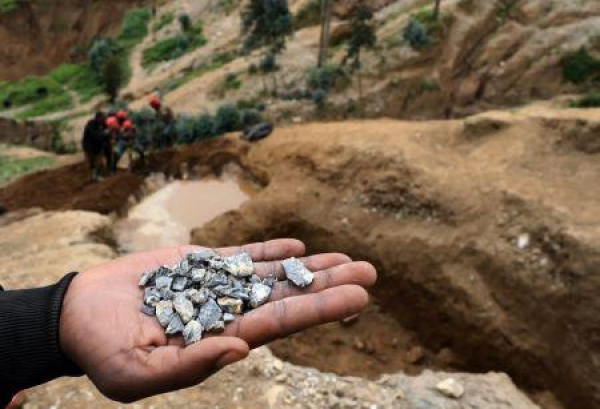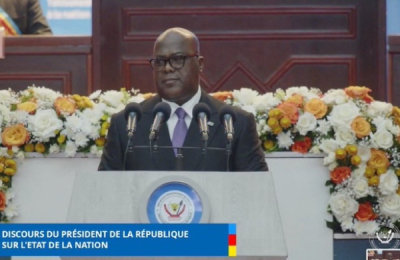The Executive Board of the International Monetary Fund (IMF) is set to meet today, July 2, 2025, to discuss the first review of the Democratic Republic of Congo's (DRC) three-year economic program. The program is supported by the IMF's Extended Credit Facility (ECF). Sources close to the matter expect the Board to issue a favorable opinion.
The DRC has already met the first key requirement for this review. "The IMF mission and the DRC authorities have reached a staff-level agreement," confirmed Calixte Ahokpossi, the IMF's mission chief for the DRC, following his visit to Kinshasa between April 30 and May 13.
Upon the Board's approval, the DRC expects to receive a $266.7 million disbursement, the second installment under the $1.729 billion program. The first payment, totaling $266.14 million, was approved in January 2025 when the program launched.
Congolese officials are keenly awaiting these funds. The financing has already been incorporated into the 2025 budget as part of a revised finance bill, which Parliament approved in May. The funds are expected to help lessen the impact of the ongoing security crisis in the country's eastern areas. This crisis led to a 1.7% cut in the original budget, now set at $17.2 billion.
Despite facing a challenging environment, the IMF observed that Congolese authorities have continued to implement the agreed reforms. Encouraging signs for regional stability include a peace agreement between the DRC and Rwanda, as well as ongoing mediation with M23 rebels, facilitated by Qatar.
The ECF-supported program is designed to bolster macroeconomic stability, enhance public financial governance, and fund a portion of the budget deficit. The IMF is also closely tracking the management of state-owned enterprises and public debt trends. The program's framework includes periodic reviews tied to the nation's economic performance and progress on structural reforms.
This current initiative follows a prior assistance cycle that ran from 2021 to 2024. That cycle resulted in several disbursements linked to measures promoting budget transparency, disclosure of mining contracts, and reforms of fuel subsidies.
Written in French by Georges Auréole Bamba,
Translated and Adapted into English by Mouka Mezonlin










